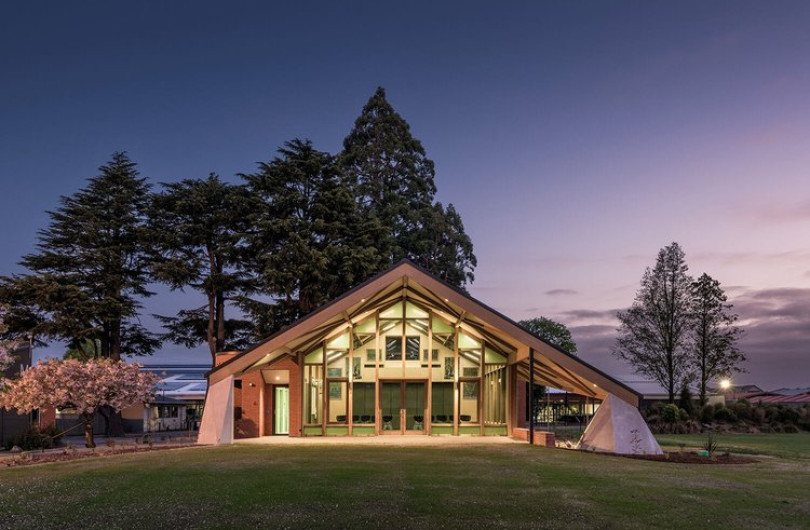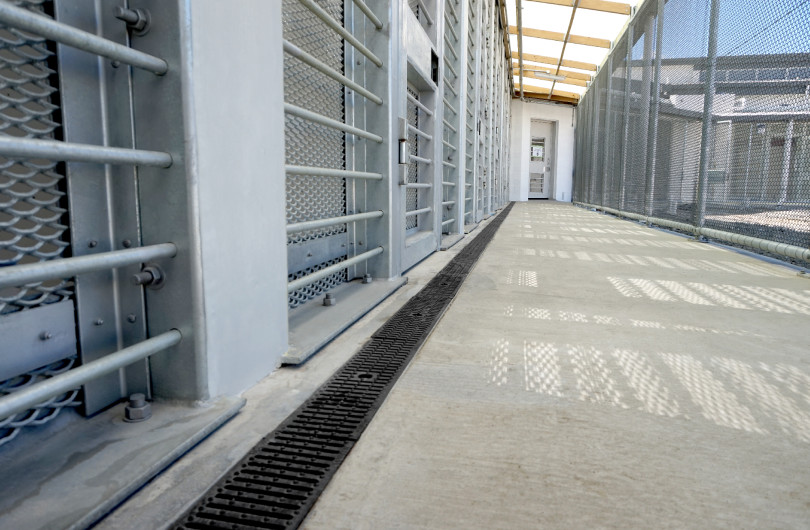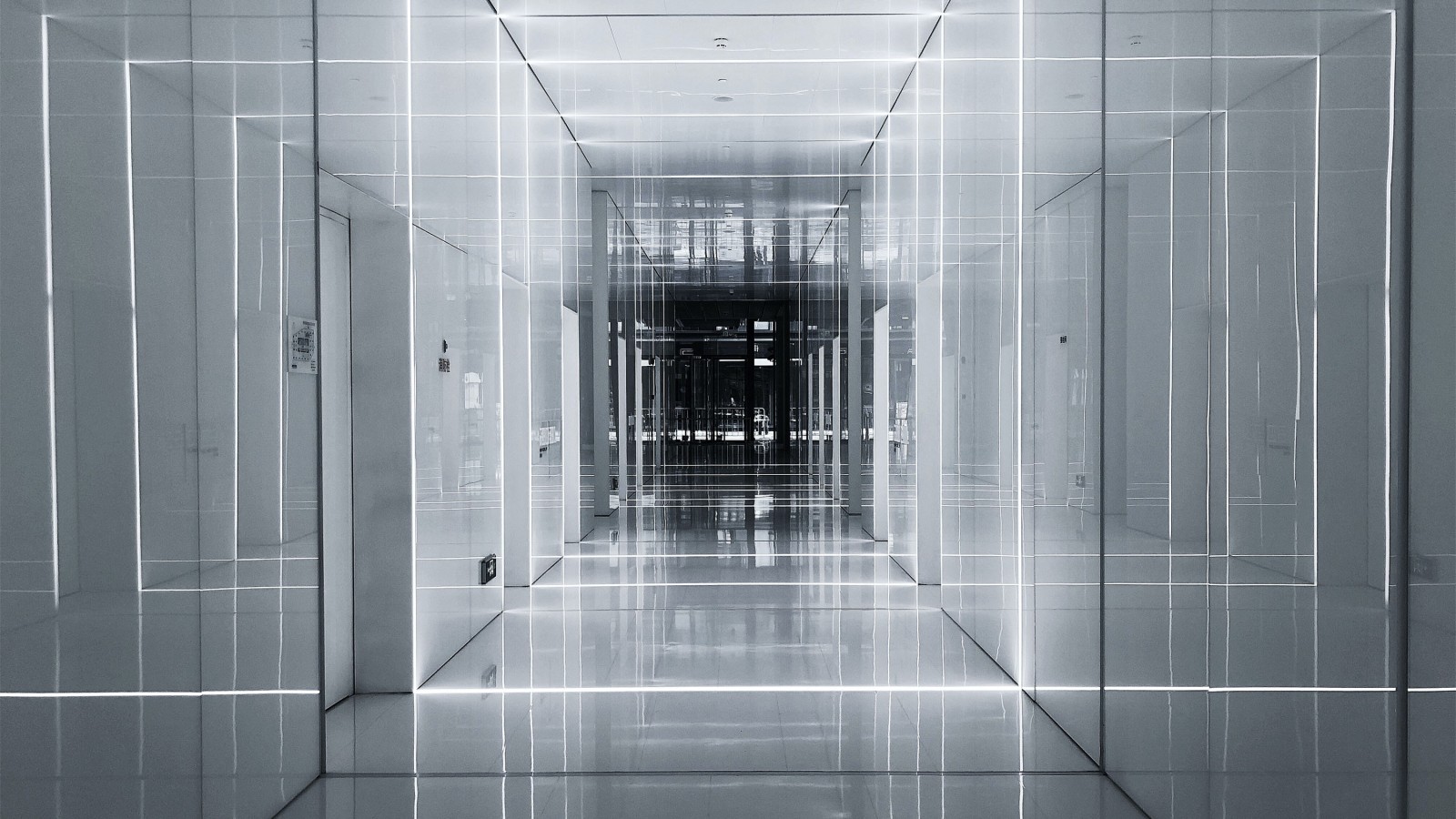The subject of AI is coming up for us on an almost daily basis with many practices keeping a close eye on the main software providers, and large tech companies, to understand how they can gain advantages to offer their clients.
The shiny novelty of ChatGPT 7 months ago is giving way to a more expansive understanding of just how big an impact AI, machine learning and language models could have.
Alongside practices, and like most businesses we’re considering just how we prepare for what will be a wonderful wave of opportunity — but not without a dollop of wide-eyed trepidation!
One thing that all technologists agree on is the exponential rate of development that we’re witnessing. It’s really quite extraordinary.
So what are the opportunities that we could see benefit the construction industry from AI?
We’ve heard four that resonate:
Opportunity #1: Collaboration
Directing AI to radically improve the surfacing and sharing of data, and thus enabling more efficient collaboration between organisations, including consenting authorities.
Opportunity #2: Innovation
Machines are clearly better at complicated, repetitive processes than humans, so a future where AI can release humans to do what they’re brilliant at — to think, collaborate and innovate — is surely a welcome opportunity. We have huge challenges in front of us, such as designing for a low-carbon future and building genuine capability in dwelling densification.
Opportunity #3: Simulation
It’s not enough for buildings to be simply less harmful for the environment, they need to be designed to make a positive contribution. The ability to rapidly simulate the embodied carbon performance of a building, for example, over its full life cycle would allow better and better decisions to be made and shared globally.
Opportunity #4: Liberation
Historically IP has been locked up in the human heads of key people in larger design firms. Barriers such as commitment to expensive software and resource heavy content will be much smaller. AI will allow smaller practices to act like larger ones and have the effect of directing more impact across our built environment.
Clearly we are only on the tip of the first wave of AI, and we will see many innovations develop quickly as we imagine what is possible tomorrow. The construction industry should remain open-minded and adaptive, embracing the potential of AI to reshape their practices and create a more sustainable and collaborative future.





























 Most Popular
Most Popular Popular Products
Popular Products


